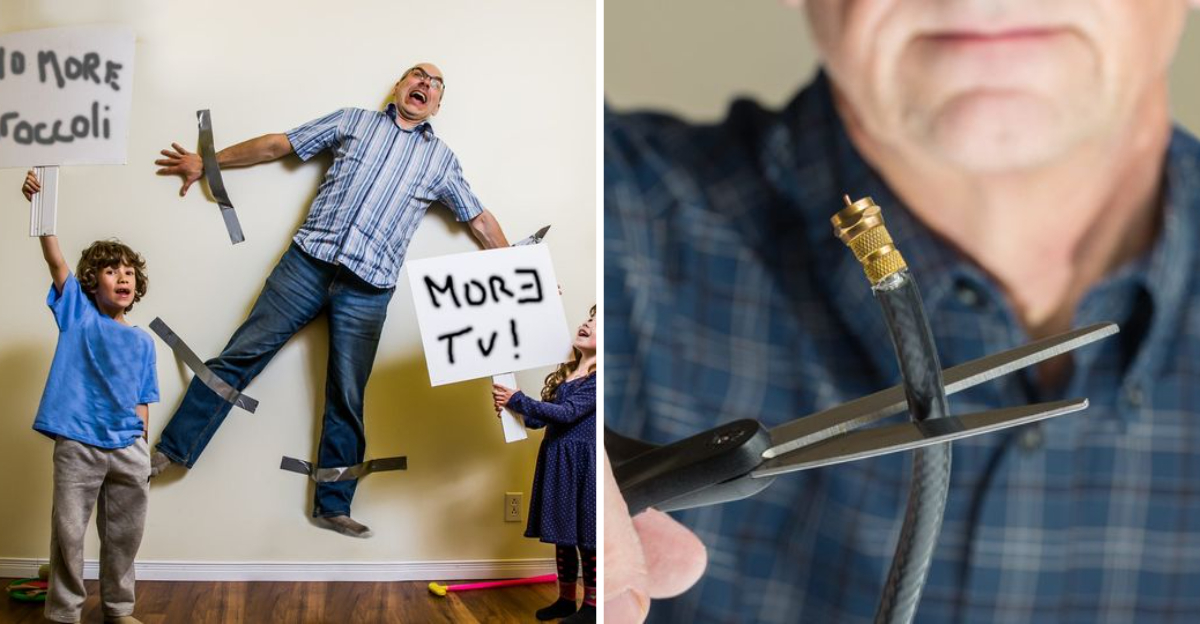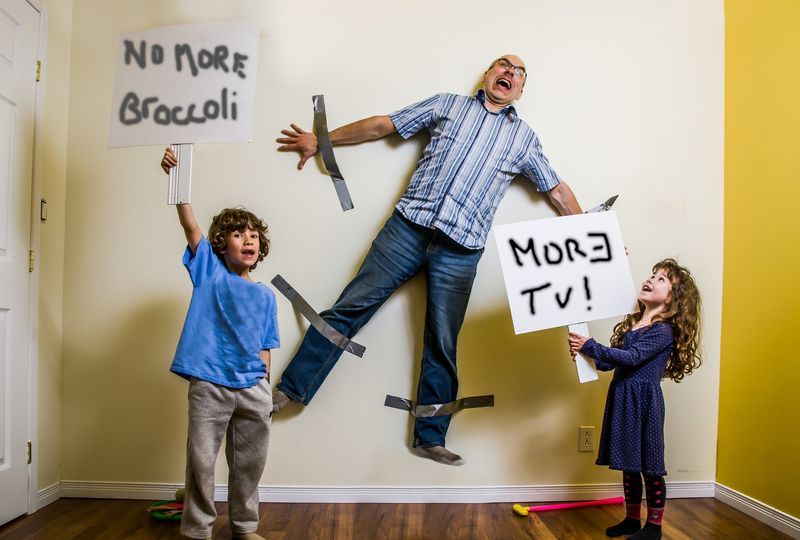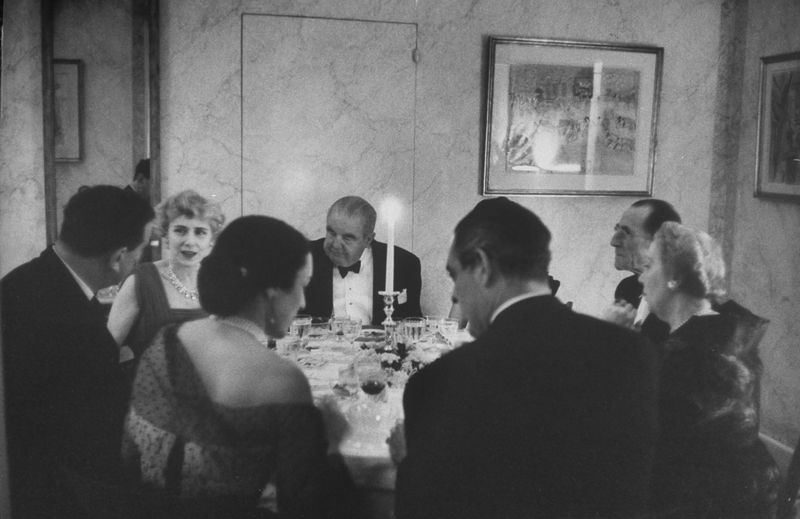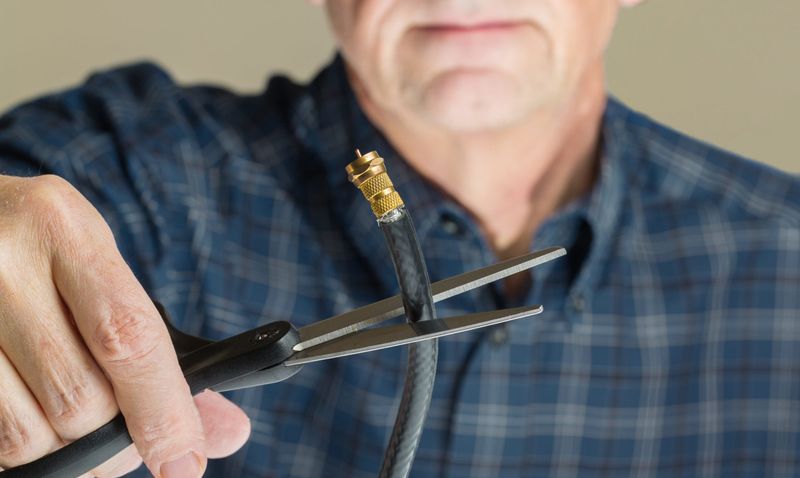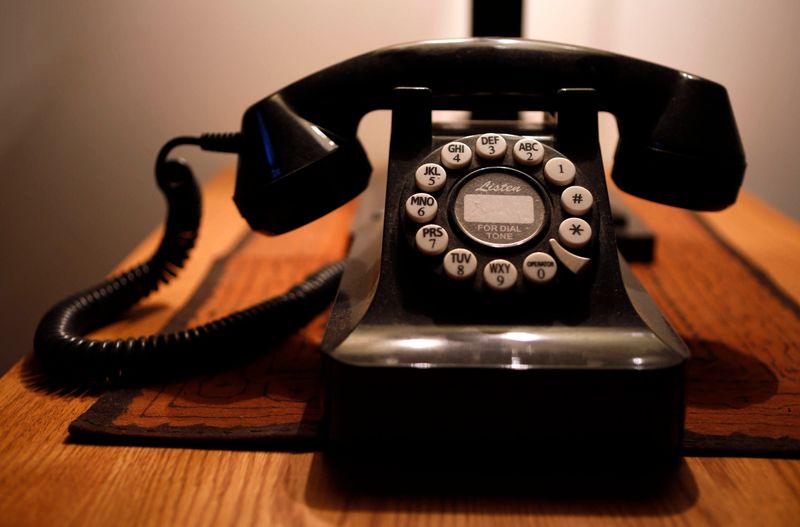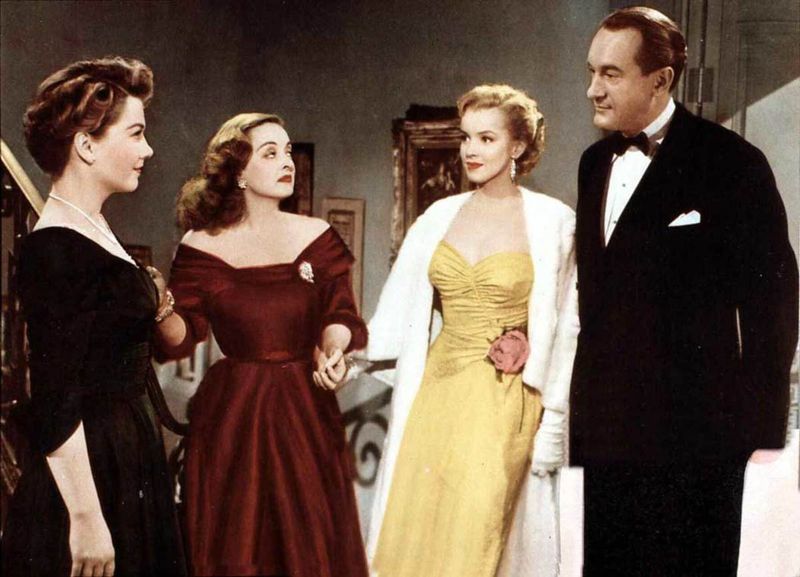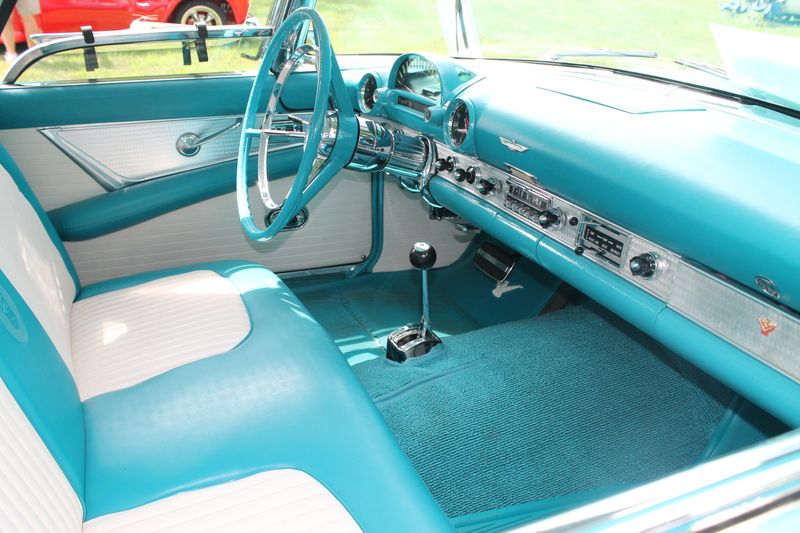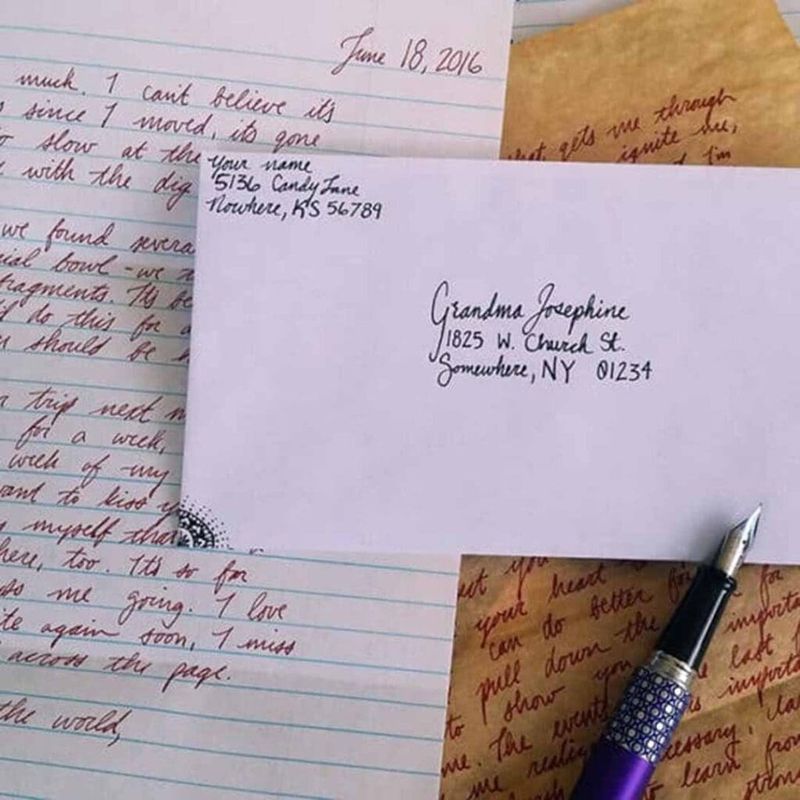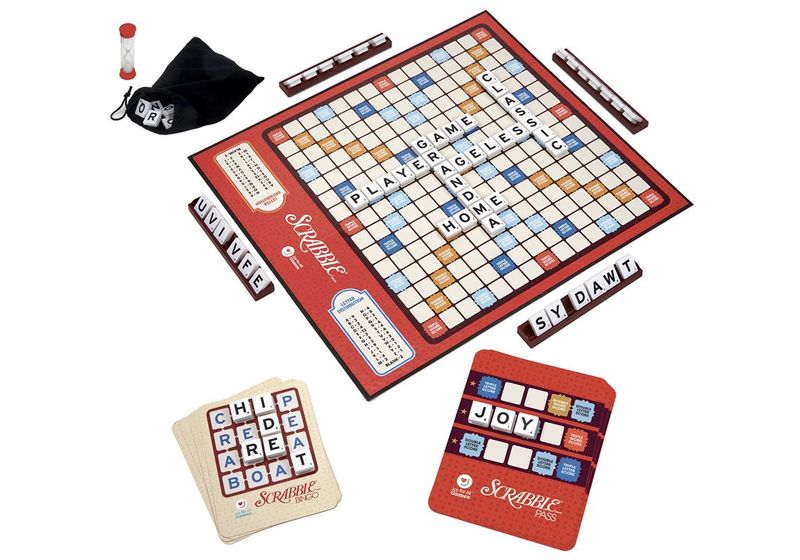The world has changed dramatically over the years, leading to shifts in values and perceptions. What was once revered by the Boomer generation has, in some cases, become a source of amusement or ridicule. This shift is not just about nostalgia; it’s about understanding how societal values evolve. Here, we delve into 18 things that Boomers respected and explore why they have become the subjects of jest in today’s society.
Parental Approval
In the past, gaining parental approval was a significant milestone for Boomers. It symbolized maturity and readiness for life’s responsibilities. Today, the idea of seeking approval from parents is often viewed with skepticism or amusement. Many younger people prioritize personal choices over parental opinions, valuing autonomy over approval.
The modern world emphasizes individualism, making the concept of parental approval seem outdated. While respect for elders remains important, the weight given to their approval has diminished. This shift reflects broader changes in societal dynamics, where personal identity and self-expression take precedence.
Door-to-Door Salesmen
Once a respectable and common profession, the door-to-door salesman was a staple in the Boomer era. They were seen as valued members of the community, bringing the latest products directly to your doorstep. However, with the rise of digital shopping, these salesmen have become a relic of the past.
Now, the idea of a stranger knocking on your door to sell something seems intrusive and unnecessary. The humor arises from contrasting the earnestness of past salesmen with today’s suspicion of unsolicited visitors. It’s a reminder of how technology has redefined consumer habits and trust.
Formal Dinner Parties
Formal dinner parties were a central social event for Boomers, representing elegance and sophistication. Hosting such gatherings was a way to showcase one’s social standing and culinary skills. However, with the fast-paced lifestyle of today, these events have largely been replaced by casual get-togethers.
People now prefer relaxed, informal gatherings where the focus is on company rather than formality. The shift reflects changes in social norms, where authenticity is often valued over refinement. The idea of spending hours preparing for a formal dinner seems more like a chore than a pleasure.
Encyclopedias
Encyclopedias were once the cornerstone of knowledge for Boomers. Owning a set was a sign of educational commitment and intellectual pursuit. However, with the advent of the internet, these hefty volumes have become largely obsolete.
The humor lies in the juxtaposition between the effort required to search for information in an encyclopedia versus a quick online search. While they were respected as a vital educational tool, encyclopedias have now become a symbol of outdated technology. The shift highlights the rapid advancement in how we access and value information.
Checks and Balances
The ability to balance a checkbook was a respected skill among Boomers. It showcased financial responsibility and planning. However, with the rise of digital banking, the practice has become almost humorous.
Younger generations rely on apps and online tools to manage their finances, often finding the manual balancing of checkbooks unnecessary. The humor is in the notion of painstakingly recording transactions when technology offers instant solutions. This change underscores the broader shift towards automation and convenience in financial management.
Cable TV
Cable television was a revolutionary technology that Boomers respected for its ability to bring a variety of entertainment into homes. Today, with the rise of streaming services, cable TV is often seen as cumbersome and outdated.
The humor comes from the memory of complex cable setups compared to the simplicity of streaming platforms. As more people cut the cord, the once-prized cable box has become a symbol of the past. This transition reflects the broader trend towards on-demand and personalized content consumption.
Polaroid Cameras
Polaroid cameras were once a marvel, offering instant gratification by developing photos on the spot. For Boomers, this was an exciting technological advancement. However, in the digital age, where smartphone cameras dominate, Polaroids have become more of a nostalgic novelty.
The humor lies in the excitement of waiting for a photo to develop when today, images are captured, edited, and shared within seconds. While Polaroids are still appreciated for their charm, they are often viewed with a sense of retro amusement, reflecting the fast-paced evolution of photography.
Landline Telephones
Landline telephones were once the primary means of communication, respected for connecting people across distances. Boomers valued them for their reliability and clarity. However, with the advent of mobile technology, landlines have become nearly obsolete.
The humor arises from the contrast between stationary phones and mobile devices offering a suite of features. As homes increasingly forego landlines, they are often remembered with nostalgia, symbolizing a simpler time. This change highlights the dramatic evolution of communication technology and the shift towards constant connectivity.
Dress Codes
Boomers respected dress codes as a sign of professionalism and respect. Whether in the workplace or social events, adhering to a dress code was a matter of pride. Today, the rigidity of dress codes has loosened, often becoming a topic of humor.
Many workplaces now embrace casual attire, valuing comfort over formality. The shift reflects broader changes in cultural values, emphasizing individual expression over uniformity. While traditional dress codes are still observed in certain settings, they are often seen as relics of a bygone era, sparking amusement in their strictness.
Manual Transmissions
Driving a manual transmission vehicle was once a respected skill among Boomers, symbolizing control and mastery over one’s vehicle. However, with the prevalence of automatic transmissions, this skill has become less common and often a humorous anecdote.
The humor lies in the younger generation’s unfamiliarity with the ‘stick shift,’ viewed as a challenge rather than a norm. As automatic cars dominate the market, manual transmissions are increasingly seen as a niche preference. This shift highlights changes in automotive technology and consumer preferences, emphasizing ease of use.
Written Correspondence
Boomers revered the art of written correspondence, valuing the personal touch of a handwritten letter. Sending and receiving letters was a cherished form of communication. However, in the digital age, this practice has become more of a novelty.
The humor arises from the contrast between the time-consuming process of writing a letter and the instant nature of emails and texts. While handwritten notes are still appreciated for their sentiment, they often elicit amusement as an ‘old-fashioned’ way to communicate. This change underscores the rapid shift towards digital communication.
Home-Cooked Meals
Home-cooked meals were a cornerstone of family life for Boomers, seen as a mark of care and tradition. The act of cooking together was respected and cherished. However, with busy lifestyles and the rise of food delivery services, home cooking is often more humorous than essential.
The humor stems from the contrast between labor-intensive meal preparation and the convenience of modern takeout. While cooking at home is still valued, it’s often seen as a luxury rather than a necessity. This shift reflects broader changes in family dynamics and lifestyle preferences.
Physical Maps
Boomers respected the skill of navigating with physical maps, a vital tool for travel. Reading a map was an essential skill, representing preparation and adventure. However, with GPS technology, physical maps have become nearly obsolete.
The humor arises from the comparison between the complexity of map reading and the simplicity of digital navigation. While maps are still appreciated for their historical value, they are often seen as a quaint reminder of past travels. This transition highlights the technological advancements in navigation and the ease of modern travel.
Punctuality
Punctuality was a respected virtue among Boomers, symbolizing professionalism and respect for others’ time. Being on time was seen as a sign of reliability and responsibility. However, in today’s flexible work culture, punctuality is often more relaxed, sometimes even humorous.
The humor comes from the contrast between strict timeliness and the fluidity of modern schedules, where virtual meetings allow for more leniency. While punctuality is still valued, the rigid structures around it have softened. This shift reflects broader changes in work-life balance and time management.
Cash Transactions
Cash transactions were once the norm, respected for their simplicity and immediacy. Boomers valued the tangible nature of cash, ensuring direct and secure payments. However, with the rise of digital payments, cash is often seen as cumbersome.
The humor lies in the outdated notion of carrying cash when digital wallets and cards offer convenience and security. As society moves towards cashless transactions, the physical exchange of money has become more of a nostalgic practice. This change highlights the evolution of financial technology and consumer habits.
Libraries
Libraries were a cornerstone of learning and community for Boomers, respected as a sanctuary of knowledge. Visiting a library was part of educational and personal development. However, with digital resources readily available, libraries are now sometimes humorously viewed as antiquated.
The humor arises from the contrast between the traditional library experience and the accessibility of online information. While libraries are still cherished for their historical and cultural value, they are often seen as relics in the digital age. This shift underscores the ongoing transformation in how we access and consume information.
Board Games
Board games were a popular form of entertainment for Boomers, respected for their ability to bring people together. Playing these games was a cherished social activity. However, with the rise of digital gaming, board games are often viewed with nostalgia.
The humor lies in the simplicity of board games compared to the immersive experiences of modern video games. While they remain a beloved pastime, board games are often seen as quaint in the face of technological advancements. This shift highlights changes in entertainment preferences and the evolution of social interactions.
Typewriters
Typewriters were once the cornerstone of written communication, respected for their precision and permanence. Boomers valued them as essential tools for business and personal correspondence. However, with the advent of computers, typewriters have become a symbol of the past.
The humor comes from the effort required to correct mistakes on a typewriter versus the ease of digital editing. While typewriters are appreciated for their aesthetic and nostalgic value, they are often seen as relics of a bygone era. This change underscores the rapid advancement in writing technology and communication.
